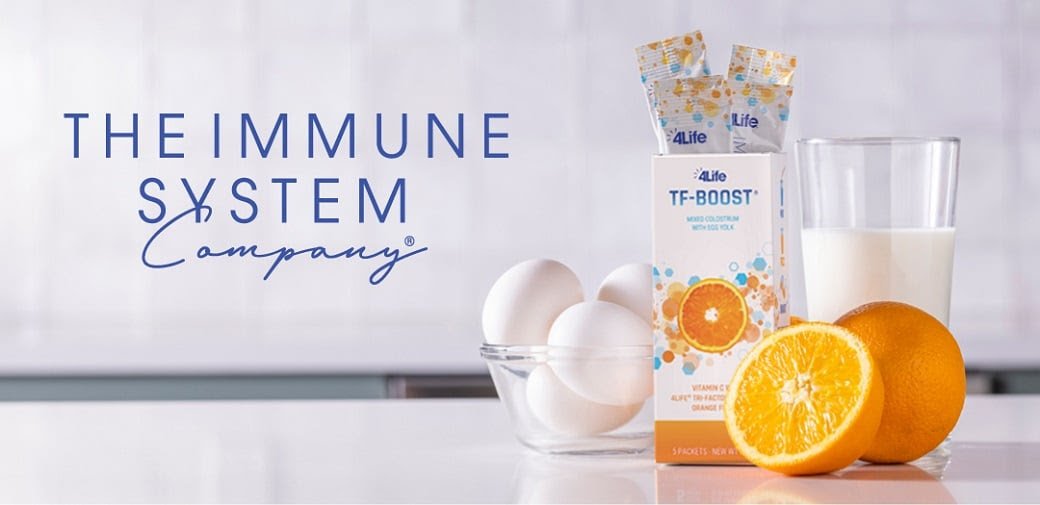[ad_1]

Many individuals believe that hormone balance is the key to looking and feeling better. While there are several natural methods for balancing your hormones, drugs or supplements can also affect your hormone levels and bring health advantages.
DHEA is a natural hormone as well as a popular supplement that influences the levels of other hormones in your body. It has been examined for its ability to improve sexual function, boost bone density, and rectify various hormonal issues. There are several websites advising you to take DHEA pills for a variety of alleged advantages like anti-aging, weight loss, mental health, and many others. Some individuals claim that DHEA supplements can boost sex drive, muscular mass, battle the effects of aging, and treat certain health issues. However, there isn’t much data to back up many of these statements. And there are certain hazards associated with the supplements.
But do these assertions hold water? The answer is possibly, at least for some. Here are the things you need to know about dehydroepiandrosterone, or DHEA.
What is Dehydroepiandrosterone (DHEA)?
DHEA (dehydroepiandrosterone) is a hormone generated by the adrenal glands in your body. These are the glands located directly above your kidneys. Some of it is turned into testosterone and estrogen, the primary male and female sex hormones. Its effects can be influenced by the activities of testosterone and estrogen following the conversion, as well as the DHEA molecule itself.
Given that DHEA is naturally created, people may ask why it is taken as a supplement. The fundamental explanation is that DHEA levels decline with age, and this decline is linked to a number of illnesses. DHEA levels naturally decline beyond the age of 30. Some individuals use DHEA pills in the expectation that it may improve their health and avoid certain ailments. However, the evidence is conflicting.
DHEA Supplements as Anti-Aging
Taking DHEA tablets to maintain DHEA levels might, in principle, reduce the aging process, perhaps enhancing well-being, cognitive performance, and body composition. However, research has not yet proven this. More research is needed to determine whether DHEA supplementation can mitigate some of the impacts of aging. A tiny study found that using DHEA supplements may enhance skin moisture and firmness, as well as reduce age spots in senior people.
Because DHEA levels diminish with age, some experts believe that supplementing your body’s declining levels of the hormone may aid in the battle against aging. In addition, several small studies have found that taking DHEA supplements has anti-aging benefits. However, a comparable amount of studies found no impact.
According to several studies, DHEA supplements have no effect on the aging process. Furthermore, nothing is known regarding the long-term effects of DHEA consumption. There is also some worry that long-term usage of DHEA supplements may be detrimental.
DHEA Supplements for Fertility
Because DHEA is involved in the production of sex hormones such as estrogen and testosterone, it has an impact on sexual health. According to several research, DHEA may give certain sexual health advantages for women following menopause, such as enhanced vaginal lubrication, decreased vaginal dryness, increased sexual desire, and reduced discomfort during sex. People who are about to enter or are already begun menopause appear to profit the most.
DHEA creams and DHEA vaginal inserts may also aid in the treatment of vaginal atrophy, a disease in which the vaginal walls weaken. Prasterone (brand name Intrarosa) vaginal implants are FDA-approved to treat vaginal atrophy and discomfort during intercourse in women following menopause.
DHEA Supplements for Depression
DHEA and depression have a complicated interaction. According to one study, women with depression had greater levels of this hormone than those who were not depressed.
However, some people with severe depression have lower DHEA levels than those with lesser depression. While the exact association between DHEA levels and depression is unknown, researchers have investigated if using DHEA as a supplement might alleviate depression symptoms.
Some study suggests that it can help treat depression, particularly in persons with moderate depression or those who do not respond to standard therapy. Other investigations in healthy, middle-aged, and elderly persons found no improvement in mental performance or depression levels.
DHEA Supplements as Immune System Booster
Researchers have investigated DHEA therapy for a few immune system problems (autoimmune illnesses), but there is little evidence that it is beneficial.
DHEA did not enhance SLE (systemic lupus erythematosus) medication, which causes inflammation throughout the body and can harm organs such as the heart and kidneys. DHEA was also unsuccessful in alleviating symptoms of Sjögren syndrome, a disorder that causes dry eyes and mouth.
DHEA is also on the World Anti-Doping Agency’s list of banned chemicals, although there isn’t much proof that it may improve athletic performance or muscular strength. There have only been a few studies, and none have shown any meaningful influence on physical performance.
DHEA Dosage and Potential Side Effects
While dosages ranging from 10 to 500 mg have been observed, a typical DHEA supplement intake, regardless of form, is 25-50 mg per day. In terms of time frame, a dose of 50 mg per day has been used safely for one year, while a dose of 25 mg per day has been used safely for two years.
In general, DHEA supplements have been used safely in trials for up to two years with no serious negative effects. Minor adverse effects have included oily skin, acne, and more hair growth in the armpits and pubic region. Importantly, DHEA supplements should not be taken by those who have tumors that are impacted by sex hormones.
It’s advisable to consult with a doctor before starting a DHEA supplement.
The Bottom Line
Beneficial benefits of DHEA may be evident particularly in persons with low DHEA levels or specific health problems. DHEA supplementation is probably unnecessary for young, healthy people. This hormone is naturally created in the body, and more of it is not always better.
DHEA supplementation, on the other hand, may assist certain people, particularly older people and those with adrenal, sexual, or reproductive issues. If you are considering about using this supplement, you should talk to your doctor first.
Source link

